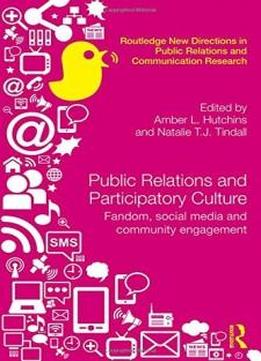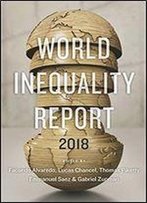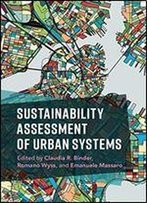
Public Relations And Participatory Culture: Fandom, Social Media And Community Engagement (routledge New Directions In Public Relations & Communication Research)
by Amber Hutchins /
2016 / English / PDF
6.3 MB Download
While public relations practitioners have long focused on the
relationship between organizations and their stakeholders, there
has never been a time when that relationship was so dominated by
public participation. The new model of multiple messages
originating from multiple publics at varying levels of engagement
is widely acknowledged, but not widely explored in scholarly
texts.
While public relations practitioners have long focused on the
relationship between organizations and their stakeholders, there
has never been a time when that relationship was so dominated by
public participation. The new model of multiple messages
originating from multiple publics at varying levels of engagement
is widely acknowledged, but not widely explored in scholarly
texts.
The established model of one-way communication and message
control no longer exists. Social media and an increasingly
participatory culture means that fans are taking a more active
role in the production and co-creation of messages,
communication, and meaning. These fans have significant power in
the relationship dynamic between the message, the communicator,
and the larger audience, yet they have not been defined using
current theory and discourse. Our existing conceptions fail to
identify these active and engaged publics, let alone understand
virtual communities who are highly motivated to communicate with
organizations and brands.
The established model of one-way communication and message
control no longer exists. Social media and an increasingly
participatory culture means that fans are taking a more active
role in the production and co-creation of messages,
communication, and meaning. These fans have significant power in
the relationship dynamic between the message, the communicator,
and the larger audience, yet they have not been defined using
current theory and discourse. Our existing conceptions fail to
identify these active and engaged publics, let alone understand
virtual communities who are highly motivated to communicate with
organizations and brands.
This innovative and original research collection attempts to
address this deficit by exploring these interactive, engaged
publics, and open up the complexities of establishing and
maintaining relationships in fan-created communities.
This innovative and original research collection attempts to
address this deficit by exploring these interactive, engaged
publics, and open up the complexities of establishing and
maintaining relationships in fan-created communities.










